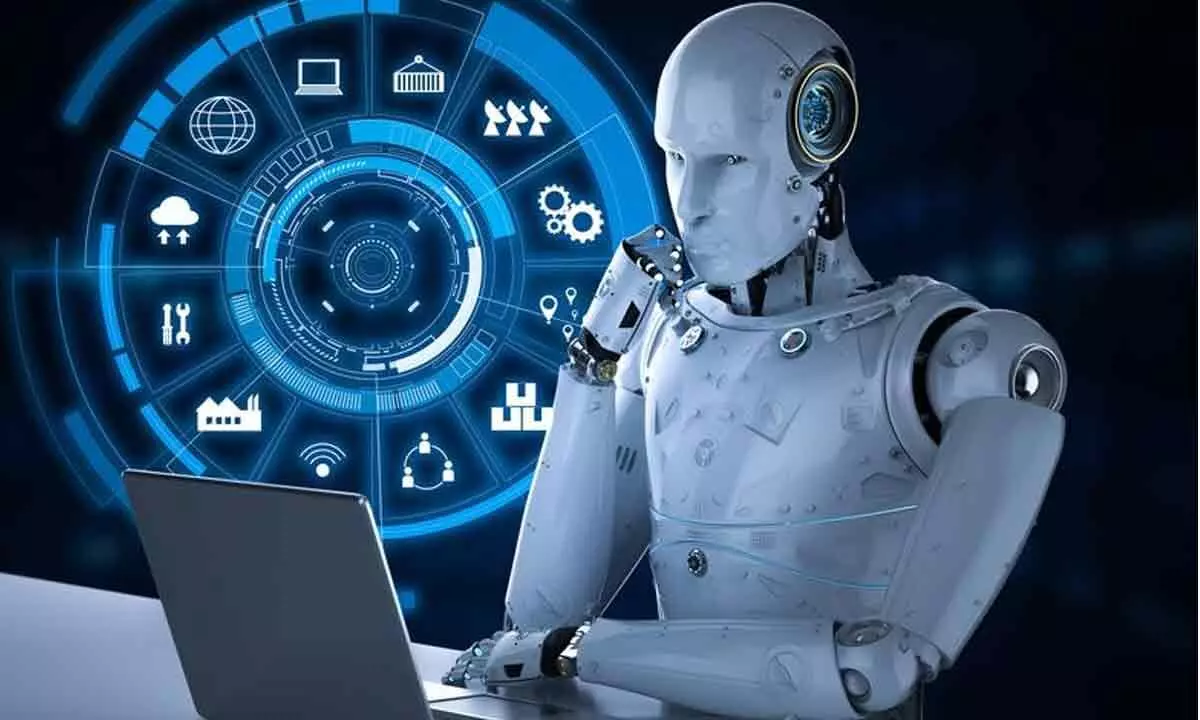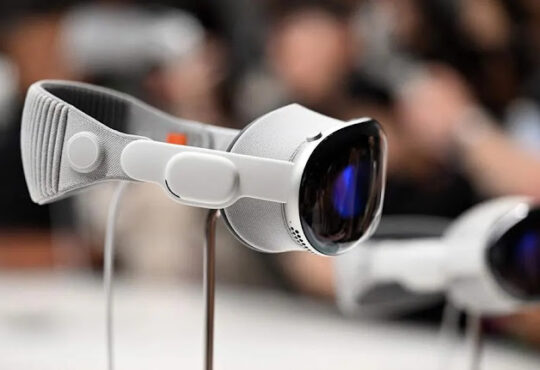The way we live in the world is changing because to artificial intelligence (AI). AI is transforming every aspect of how we live and work, from healthcare to banking, education to transportation. We can’t yet envision how AI will affect the future, yet it is developing at a tremendous rate. This blog will discuss the probable effects of AI on society in the future.
Artificial intelligence is transforming how we live in the world (AI). AI is revolutionizing every area of our lives and careers, from finance to healthcare, education to transportation. Because AI is evolving at a phenomenal rate, we are unable to predict how it will impact the future. This blog will discuss the potential future effects of AI on society.
How we live in the world is changing as a result of artificial intelligence (AI). Every aspect of our lives and work, including money, healthcare, education, and transportation, are being revolutionized by AI. We are unable to foresee the effects of AI because it is developing at an incredible velocity. The probable future implications of AI on society will be covered in this blog.
AI is also changing the way that education is provided, with the ability to customize instruction and increase accessibility for people all over the world. While machine learning algorithms can evaluate student data to find areas where students need more assistance, chatbots and virtual assistants powered by AI can offer students individualized feedback and support. This might enhance academic results and narrow the achievement gap between pupils from various backgrounds.
AI is being applied in the transportation industry to create self-driving vehicles and enhance logistics and supply chain management. AI has the potential to improve transportation in the future by making it more economical and ecologically friendly. For instance, driverless vehicles and AI-powered traffic control systems could both help to minimize traffic congestion and the amount of accidents brought on by human mistake. AI may also be used to streamline shipping routes, lowering pollutants and fuel usage in the process.
Artificial intelligence has practically infinite potential uses, and it will have a big impact on civilization. The rapid advancement of AI has raised questions about potential dangers and unforeseen repercussions, though.
The possible influence on employment is one of the main issues with AI. Many human-performed tasks that could be automated by AI would result in employment displacement and loss. But AI may also open up new career prospects in disciplines like programming, machine learning, and data analysis.
The possibility that AI will reinforce and magnify current biases and inequality is another worry. AI algorithms may propagate biases and discriminate against particular groups if they are developed with biased data. Additionally, if AI spreads throughout particular sectors or geographical areas, it may expand the digital divide between those who have access to it and those who don’t.
Last but not least, there are worries regarding the security and safety of AI systems. AI systems could inflict serious harm if they malfunction or make mistakes and are susceptible to hacking and cyber attacks. There are also worries about the potential for AI to be used for evil, such as in autonomous weapons or surveillance systems.
It’s crucial to create ethical and governing frameworks for the creation and use of AI in order to allay these worries. This involves making sure AI systems are designed in a way that supports human values and rights and that they are transparent, accountable, and secure.
In conclusion, AI has a bright future and a lot of potential. AI has the ability to drastically change a number of industries and significantly enhance our quality of life. Therefore, it’s crucial to consider the potential risks and unforeseen repercussions of this technology and proceed with caution when developing and implementing AI. By doing this, we can make sure that AI is used for good while minimizing any potential risks.





